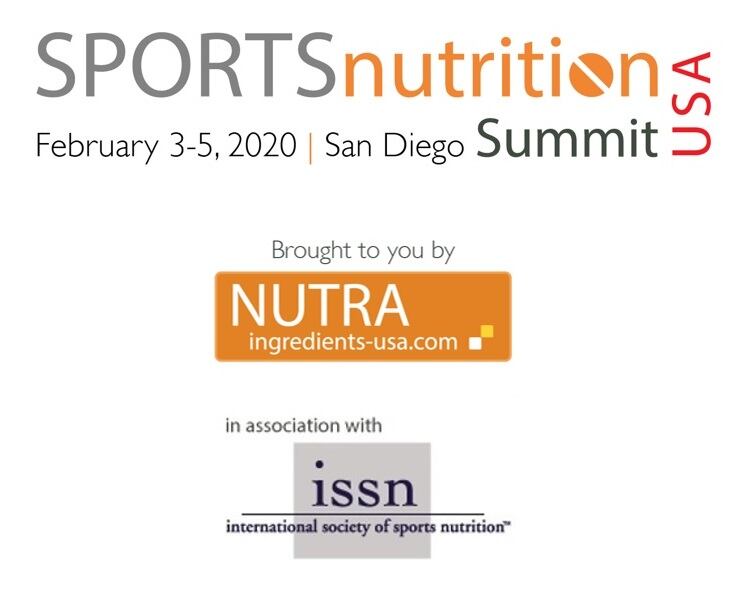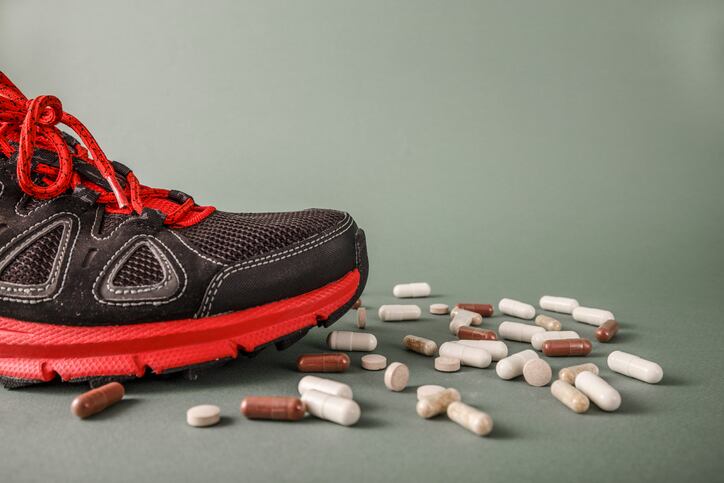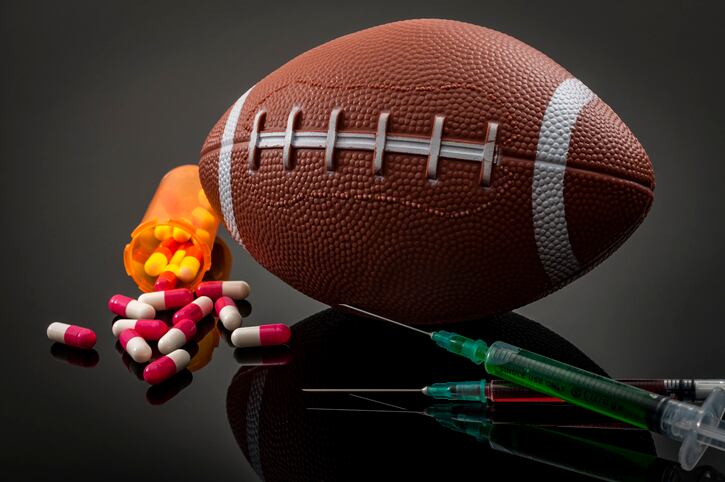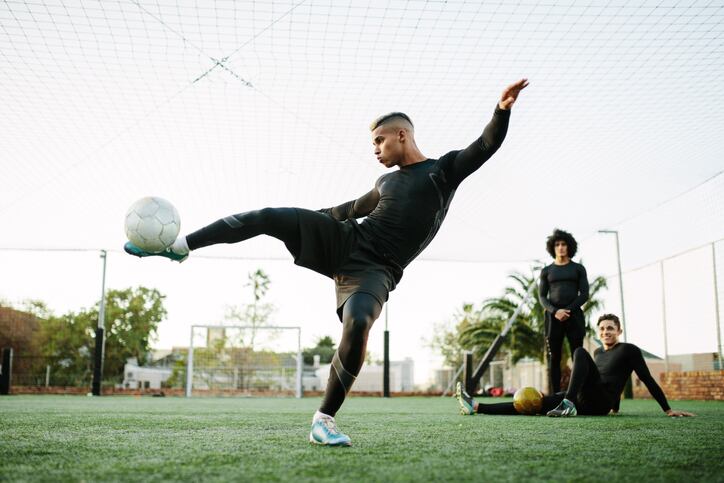The United States Anti-Doping Agency (USADA) and the UFC recently announced sweeping changes incorporated into the UFC Anti-Doping Policy.
The policy revamp will keep in mind concentration levels and certified supplements. The agency said the changes are designed to ensure violators are held accountable while also being fair to athletes who unintentially test positive for a prohibited substance and gain no performance advantage.
Wrestling with complex challenges
USADA CEO Travis Tygart said, “For several years, we have pushed for change to ensure that athletes can trust the food, medications, and supplements they use without fear of being treated like intentional, hard core cheaters. We expect these changes to go a long way in allowing this to happen and to show athletes who compete clean that their decisions will be supported and validated.” Tygart added he is excited about the evolution of the UFC program and hope it becomes the model for all sports.
Indeed, anti-doping rules have yet to be harmonized across all sports, a major concern for Susan Kleiner, who has consulted for Olympians and pro-athletes in multiple sports. “I think the UFC’s leadership here is right, but with inconsistent testing requirements across professional leagues, NCAA collegiate sports and international Olympic competition from USADA and WADA, practitioners and athletes are left scrambling to learn what requirements stand for which sport environment. It is highly possible that there will be a situation where an athlete could test positive in the NCAA and lose a year of scholarship for the same finding that the athlete would be let off absolutely free in leagues that adopt this policy. That is not at all fair. Drug testing rules may vary across sport but creating this kind of a dilemma does not seem ideal to me.”
While USADA continues to recognize and recommend only NSF Certified for Sport for its domestic, US-based programs, the UFC rules recognize additional third-party certifiers recommended in other parts of the world for the international athlete population.
The “UFC Prohibited List” sets forth decision thresholds for various substances that have been proven to be regularly found as contaminants at levels that would not provide an athletic any performance-enhancing advantages. If an athlete’s positive test is of one of these substances at a level below the decision concentration level, the athlete’s sample will be treated as an atypical finding under the UFC Anti-Doping Policy and not result in a sanction against the athlete.
Additional third-party certifiers
Additionally, all UFC athletes will be directed to use only those supplements certified by one of the following accredited certification agencies:
(1) NSF Certified For Sport
(2) Kolner Liste (Cologne List)
(3) Informed Sport Trusted by Sport
(4) HASTA (Human and Supplement Testing Australia)
(5) BSCG (Banned Substance Control Group)
An atypical finding will result in additional testing and/or investigation. If an athlete’s trace-level positive is caused by either a certified supplement, or other environmental contamination (such as meat, water or prescription medication), the athlete will not be sanctioned under the UFC Anti-Doping Policy, as long as there is no other evidence of doping.
Kleiner, the founder of High Performance Nutrition and Director of Science & Communications at Vitargo, told NutraIngredients-USA, “As an employee of a sports nutrition product company, Vitargo Inc., I applaud UFC for urging the expansion of accepted third party certification labs from USADA. As a science-based company we back our statements of purity of all our products with certification from Banned Substances Control Group. Their transparency and comprehensive gold-standard approach to testing every/all manufacturing batch protocols has given us the utmost confidence in their certification. There didn’t seem to be any benefit to athletes, leagues or manufacturers by limiting of acceptable certification labs to only NSF.”
With many states who have passed or are planning to pass laws decriminalizing the use of marijuana, USADA said they have received a lot questions regarding the use of marijuana. The agency’s website points out that all synthetic and naturally occurring cannabinoids are prohibited in-competition, except for cannabidiol (CBD).
The updated UFC Anti-Doping Policy, Summary of Changes, and UFC Prohibited List are available online.
Connecting the business and science of sports nutrition

This February, the Sports Nutrition Summit USA will bring together leading scientists, market analysts and innovators in a unique, market-leading face-to-face event. Be part of the game and benefit from various valuable networking opportunities, allowing you to walk away not only with a whole wealth of knowledge, but armed with new connections.
Register now and be part of the game and benefit from various valuable networking opportunities, allowing you to walk away not only with a whole wealth of knowledge, but armed with new connections.




